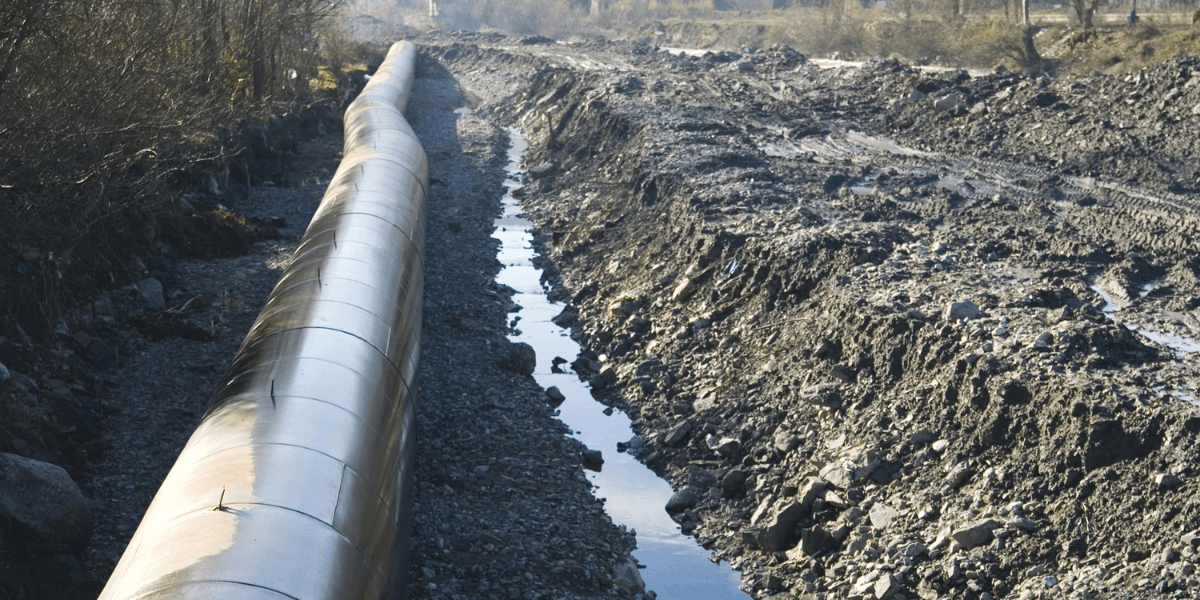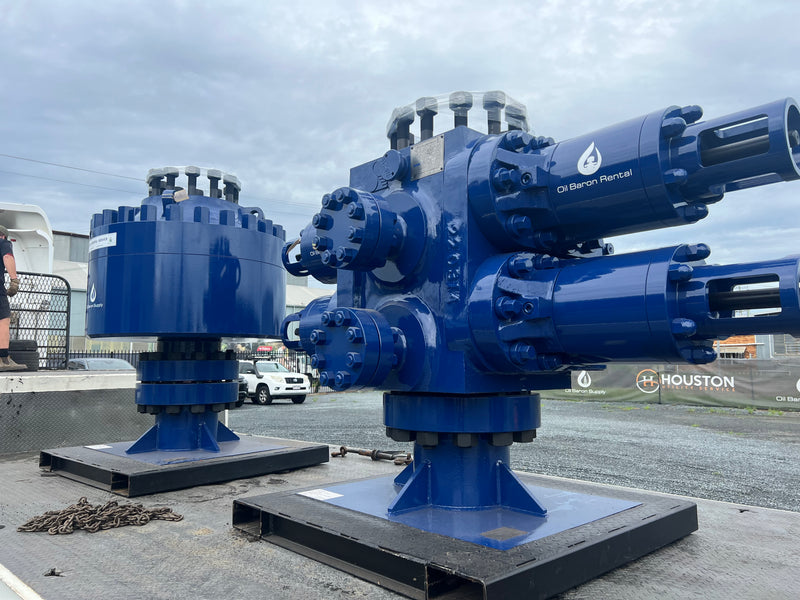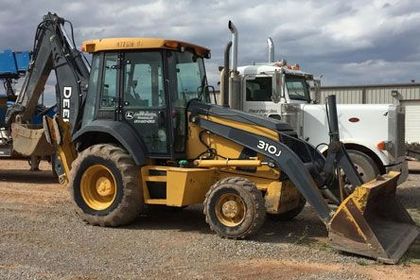Everything About Oil Field Equipment and Pipeline Equipment: Trick Insights and Crucial Information
Oil field equipment and pipeline systems play a pivotal duty in the oil and gas sector. They are important for the reliable extraction and transportation of hydrocarbons. Trick components, such as piercing rigs and storage space containers, directly effect functional success. At the same time, improvements in technology assurance to improve safety and efficiency. Understanding these aspects is vital for anyone associated with or interested in this intricate sector, as it establishes the phase for much deeper expedition of sector practices.

Introduction of Oil Field Equipment
As the demand for oil proceeds to grow, comprehending the tools made use of in oil areas becomes progressively essential. Oil field equipment encompasses a large range of equipment and tools vital for expedition, removal, and handling. Key elements include drilling rigs, which are important for reaching oil storage tanks, and production tools, such as separators and pumps, that help with the extraction procedure. Superior Rentals reviews. Furthermore, tank play a significant duty in holding unrefined oil before transport. Safety and security equipment, consisting of blowout preventers and pressure evaluates, assures operational safety and security and efficiency. Each tool features cohesively to enhance manufacturing and preserve reliable workflow. Familiarity with this devices is necessary for experts in the sector to assure successful procedures and adherence to safety and security standards
Kinds Of Drilling Rigs and Their Applications
Drilling rigs act as the backbone of oil extraction procedures, with various types developed for particular geological problems and functional demands. The most typical types include rotary drilling rigs, which make use of a turning drill little bit to pass through the earth, and cord device rigs, understood for their percussion exploration method. For offshore operations, jack-up rigs and semi-submersible rigs provide stability and assistance in aquatic atmospheres. In addition, directional exploration rigs enable drivers to pierce at angles, reaching down payments that are not vertically accessible. Each rig type has distinct advantages, enhancing effectiveness and safety and security based on the boring setting. Selecting the ideal gear is important for taking full advantage of source removal while minimizing ecological influence and functional expenses.

Important Pipeline Equipment and Their Features
Pipeline facilities is crucial for the transportation of oil and gas from removal sites to refining centers and end-users. Various important tools components facilitate this process. Pipelines themselves serve as the key conduits, designed to endure high pressure and corrosive compounds. Pump stations find more information are essential for maintaining circulation by improving stress along the pipeline. Valves play a vital duty in controlling flow and separating areas for maintenance. Furthermore, installations and connectors ensure protected joints between pipeline sections. Monitoring systems, consisting of flow meters and pressure sensors, are essential for discovering leakages and optimizing flow rates. Pigging equipment is used for upkeep and cleansing, securing pipeline stability and performance. Together, these elements form the foundation of a reliable pipeline system.
Developments and Technologies in Oil and Gas Equipment

Safety And Security and Maintenance Practices in the Oil Market
While the oil industry has actually made considerable strides in modern technology and effectiveness, the importance of robust safety and security and upkeep methods can not be overemphasized. Reliable safety methods are necessary to shield employees and the environment, reducing the danger of crashes and spills. Routine assessments and upkeep of tools assistance recognize prospective issues before they intensify, making sure operational stability. Training programs for staff members are crucial, highlighting the significance of safety understanding and emergency situation response treatments. Additionally, adherence to industry policies and requirements cultivates a society of safety. Applying advanced monitoring innovations can additionally enhance upkeep practices, enabling real-time analyses of equipment problems. Inevitably, focusing on safety and security and upkeep is integral to the sustainability and success these details of the oil industry.
Regularly Asked Inquiries
What Are the Environmental Effects of Oil Field Equipment?
The environmental impacts of oil field equipment consist of environment devastation, water contamination, and air pollution (Superior Oilfield pipeline equipment rentals). In addition, devices breakdown can cause spills, adversely impacting wild animals and ecosystems, highlighting the requirement for strict guidelines and monitoring
Exactly How Is Oil Field Equipment Carried to Remote Locations?
Transferring oil field equipment to remote places frequently entails customized automobiles, helicopters, or barges. Logistics firms coordinate routes, making certain tools shows up safely and effectively, taking into consideration terrain and access to decrease delays and make the most of performance.
What Regulative Requirements Govern Oil Field Equipment?
Governing standards regulating oil field equipment primarily include safety and security, environmental management, and functional efficiency standards. Agencies such as OSHA and EPA apply these laws to ensure secure methods and minimize ecological influence in oil extraction operations.
What Skills Are Required to Run Oil Field Machinery?

Exactly How Do Oil Prices Affect Equipment Need and Usage?
Oil costs considerably affect tools need and usage. Greater costs commonly cause increased exploration and manufacturing activities, driving demand for equipment. Conversely, reduced rates might cause lowered operations and decreased demand for equipment.